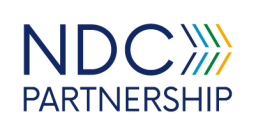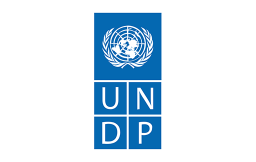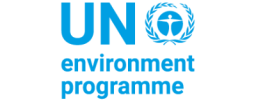COP29: Scaling Ambition for NDCs 3.0 - Good practices and Lessons Learnt from the NDCs 3.0 Regional Fora
This event will share the regional good practices and lessons learned that came out of the NDC 3.0 Regional Fora, with a focus on providing a platform for countries to share experiences and exchange challenges and opportunities in the preparation and implementation of their new NDCs.
The Emissions Gap Report 2024 warns that current policies place the world on track for a 2.6–3.1°C rise in temperature by the end of the century. Achieving the Paris Agreement’s goal of limiting warming to 1.5°C requires a 42% reduction in global emissions from 2019 levels by 2030. in 2025, countries are required to submit new Nationally Determined Contributions (NDCs) informed by the global stocktake. In these NDCs, also referred to as NDCs 3.0, countries are encouraged to set ambitious, economy-wide emission reduction targets up to 2035 that align with limiting global warming to 1.5°C and increase resilience to climate impacts.
To help countries shape the next round of their climate pledges under the Paris Agreement, UNEP, the United Nations Development Programme (UNDP) and the NDC Partnership, in collaboration with the UNFCCC Secretariat (UN Climate Change), have organized six NDCs 3.0 Regional Fora in 2024, which concluded in early October of this year.
This event will share the regional good practices and lessons learned that came out of the NDC 3.0 Regional Fora, with a focus on providing a platform for countries to share experiences and exchange challenges and opportunities in the preparation and implementation of their new NDCs. The event will also highlight the support available to countries in their efforts. This event will also highlight practical mechanisms to enable governments to bridge the gap between policy and action. By bringing together ministers, and development and implementation organizations, including multilateral development banks.



